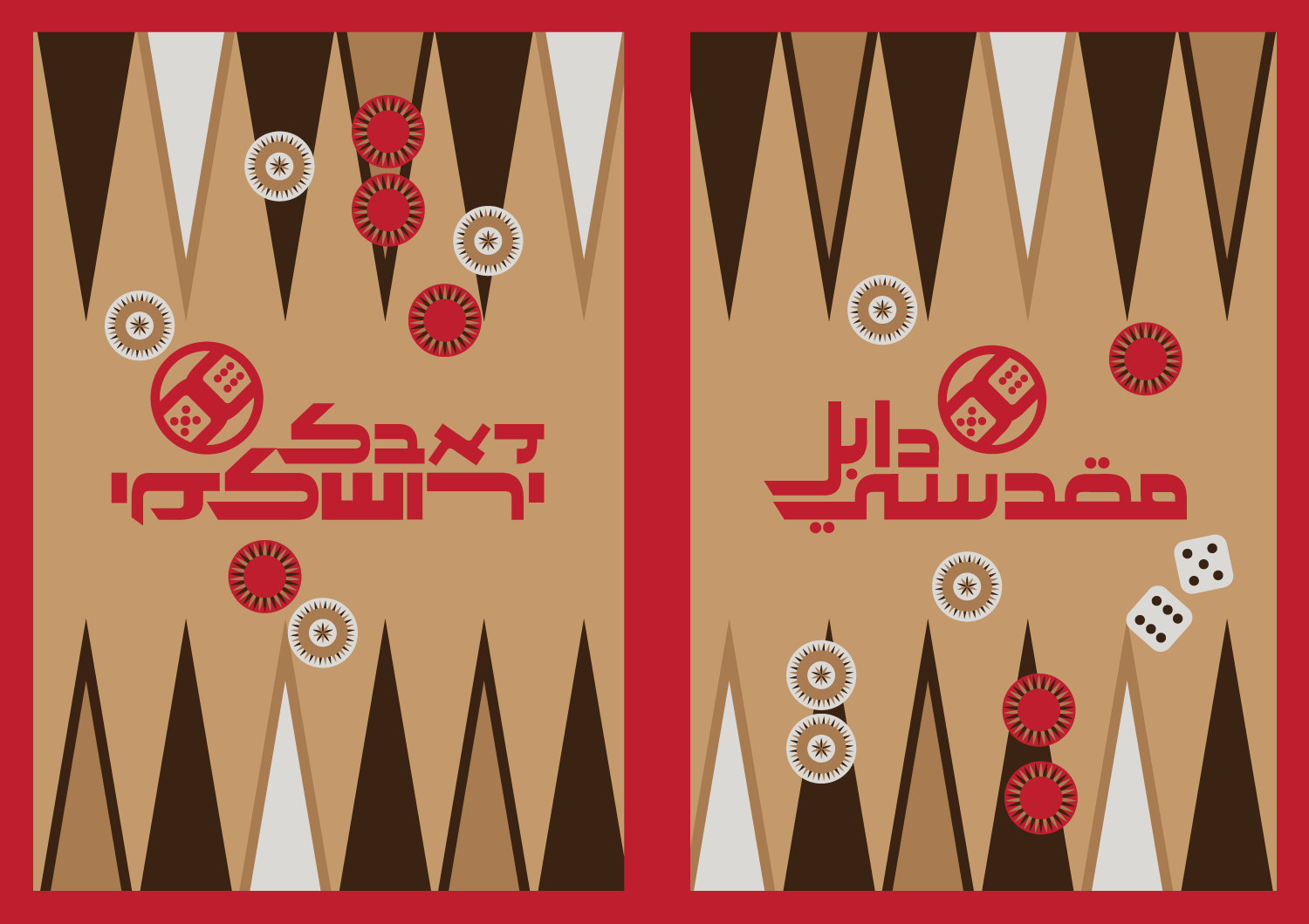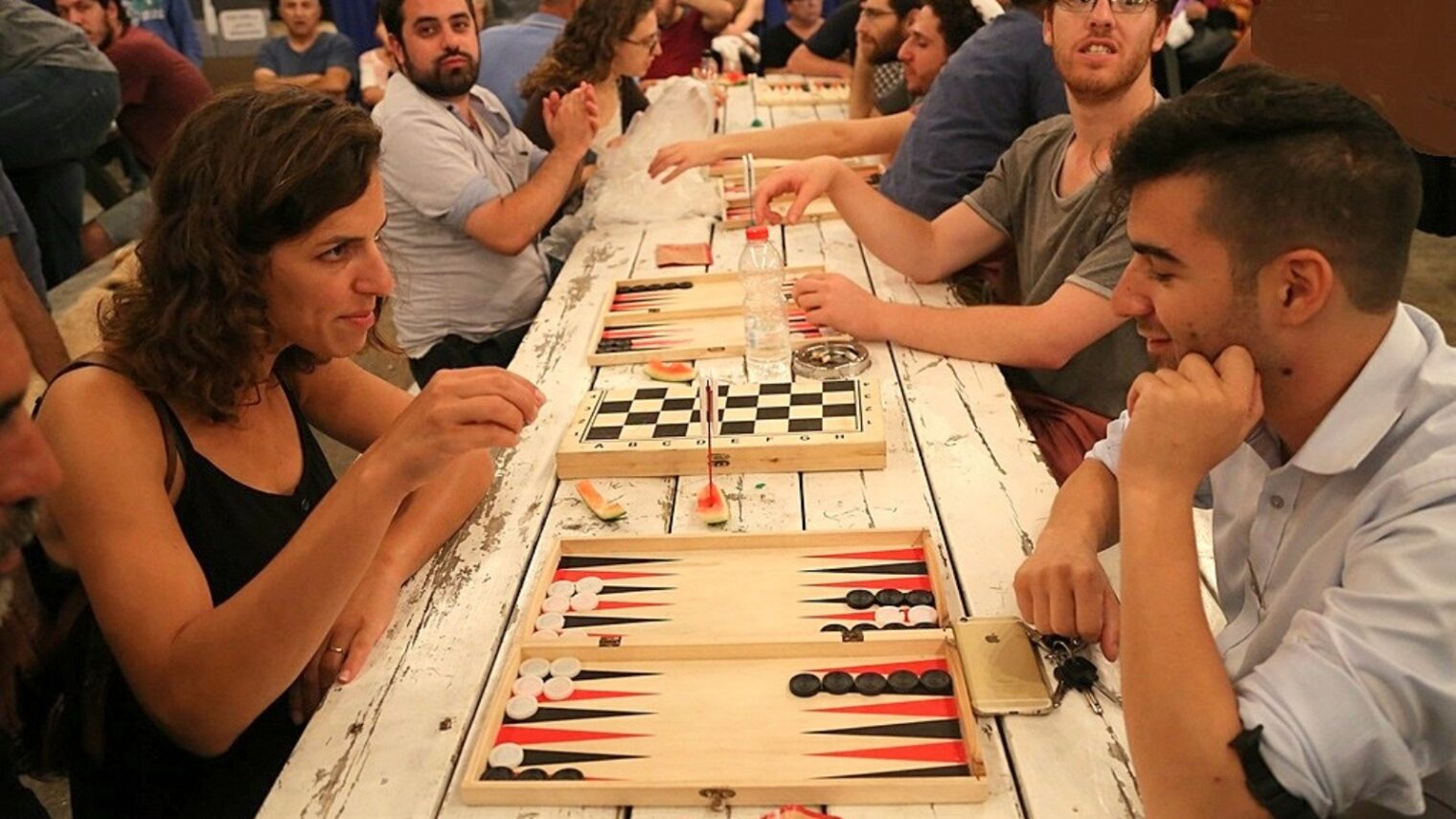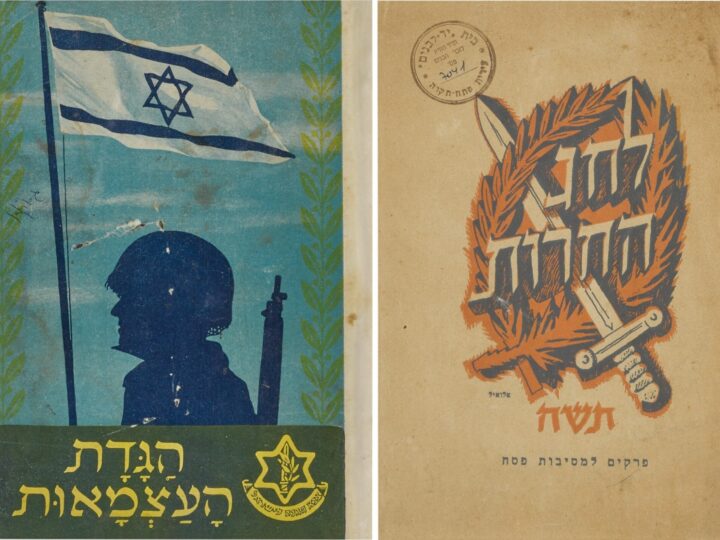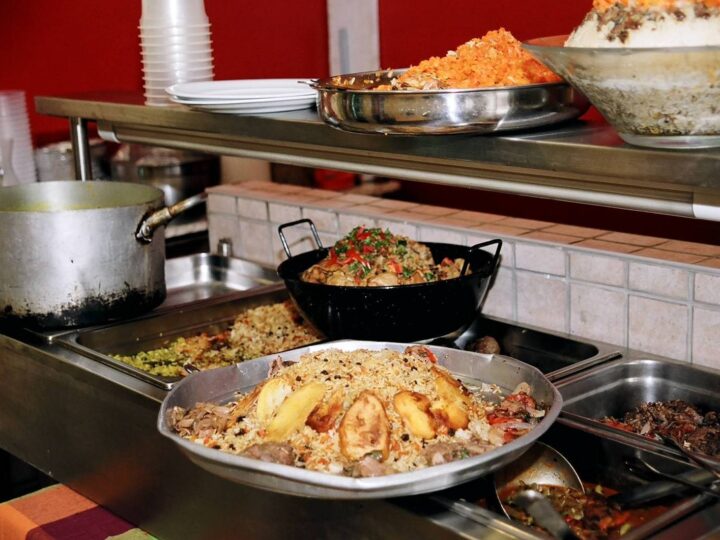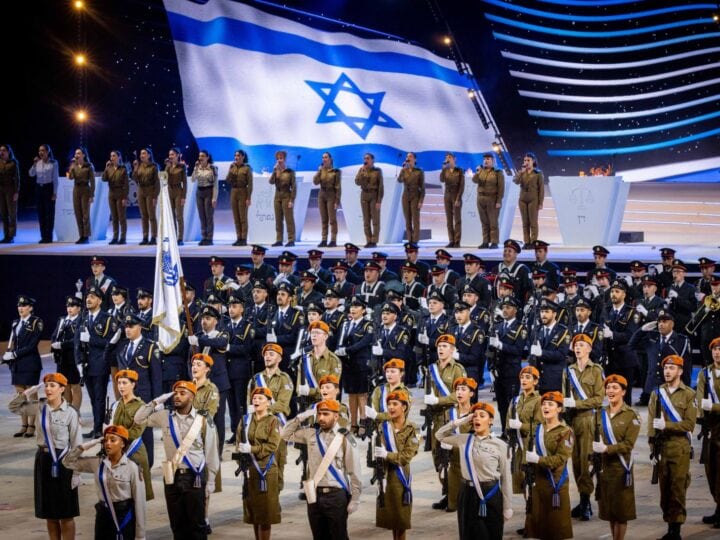On a winter night inside the Mayer Davidov Garage in the Talpiot industrial area of Jerusalem, some 500 university students, mechanics, high-techies and senior citizens — wearing kippahs, kaffiyehs and everything in between — played or cheered on contestants in a backgammon championship accompanied by live Arabic music.
Backgammon (“shesh-besh” in this part of the world) is thousands of years old and remains a popular pastime among Arabs and Jews.
In Jerusalem, a surprising number of them are playing the board game together since the spring 2016 launch of Jerusalem Double, a project of the nonprofit organization Kulna Yerushalayim (We Are All Jerusalem).
“Backgammon is played throughout the Middle East, so we have this game in common. It’s fun, down to earth, accessible and inclusive,” relates Zaki Djemal, one of the founders of Jerusalem Double along with Dror Amedi, Mahmoud Schade, Hiday Goldsmith, Kamel Jabarin, Mahmoud Jamal Al-Rifai, Matan Hayat, Noa Tal-El and Shir Hoory.
“Games have an amazing power to reduce tension and create empathy,” says 29-year-old Djemal, also the cofounder and managing partner of fresh.fund, the first student-run venture capital fund in Israel.
Often, players discover other cultural commonalities through the medium of the game. “Shaike, a Jew who runs a car-parts shop, is playing with Munzir, a Palestinian originally from Bethlehem, and they’re speaking in Arabic. Shaike pulls out his oud and Munzir starts singing,” Djemal tells ISRAEL21c.
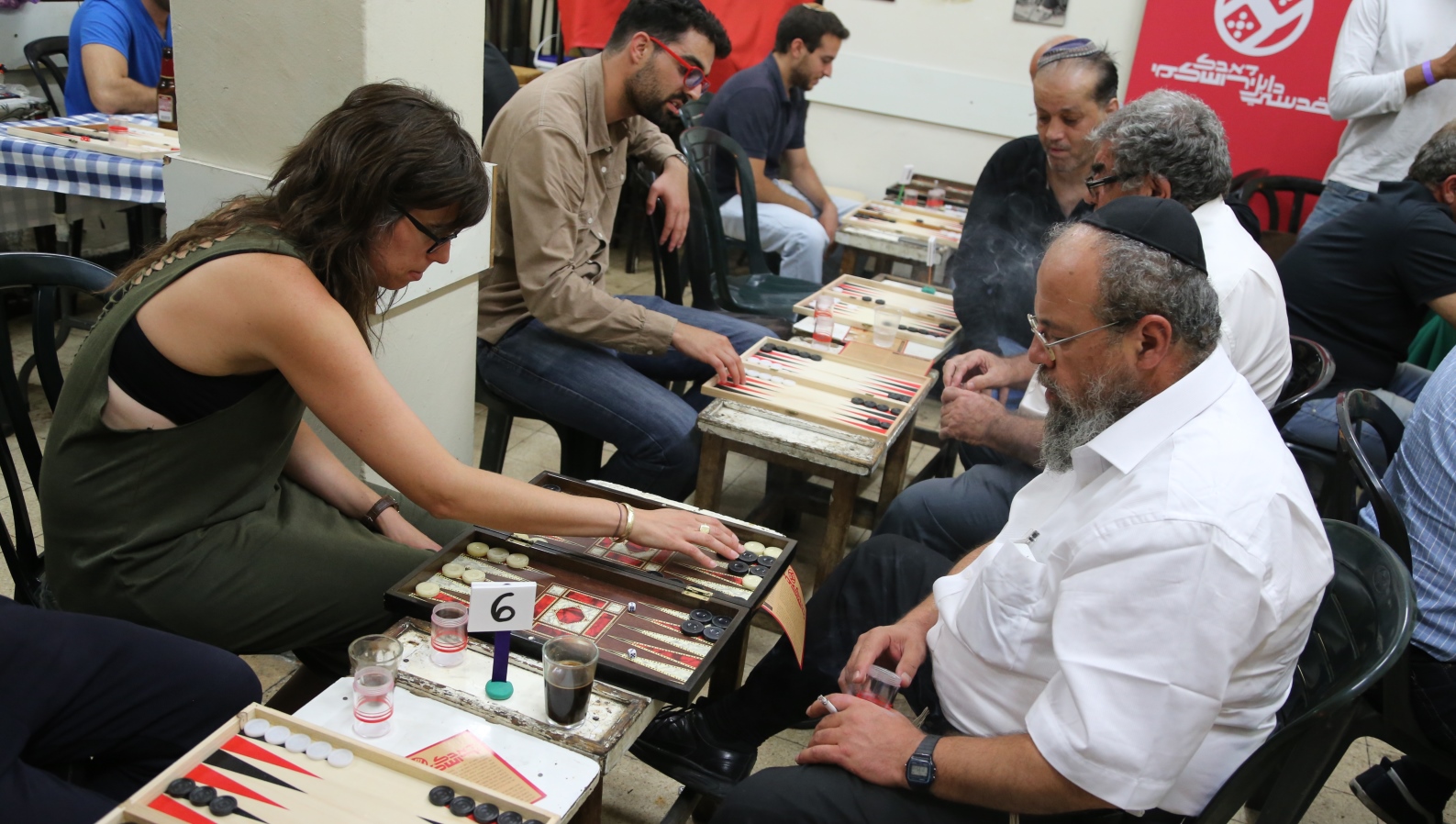
Djemal, a Harvard graduate born in London and raised in Jerusalem, explained the origins of Jerusalem Double in his recently filmed TEDxWhiteCity talk entitled “Game Changer: How Backgammon Will Bring Peace to the Middle East.”
“I was sitting together with Jewish and Arabs friends at Hiday’s house in Jerusalem. We were discussing a project we’d been working on to bring Jews and Arabs together around a shared love for Middle Eastern music. But we couldn’t agree on anything. And very quickly our discussion deteriorated into a heated debate.
“Then, in the middle of all of it my good friend Dror said: ‘Guys, why don’t we take a break? Let’s play something. How about backgammon?’ … In six short minutes this game had completely diffused all tension. … And we thought to ourselves: ‘Why not organize a backgammon tournament for Jews and Arabs … to meet beyond the daily grind of buses, supermarket checkout lines, hospitals? And we wanted there to be crossover between neighborhoods that for years have been completely segregated.”
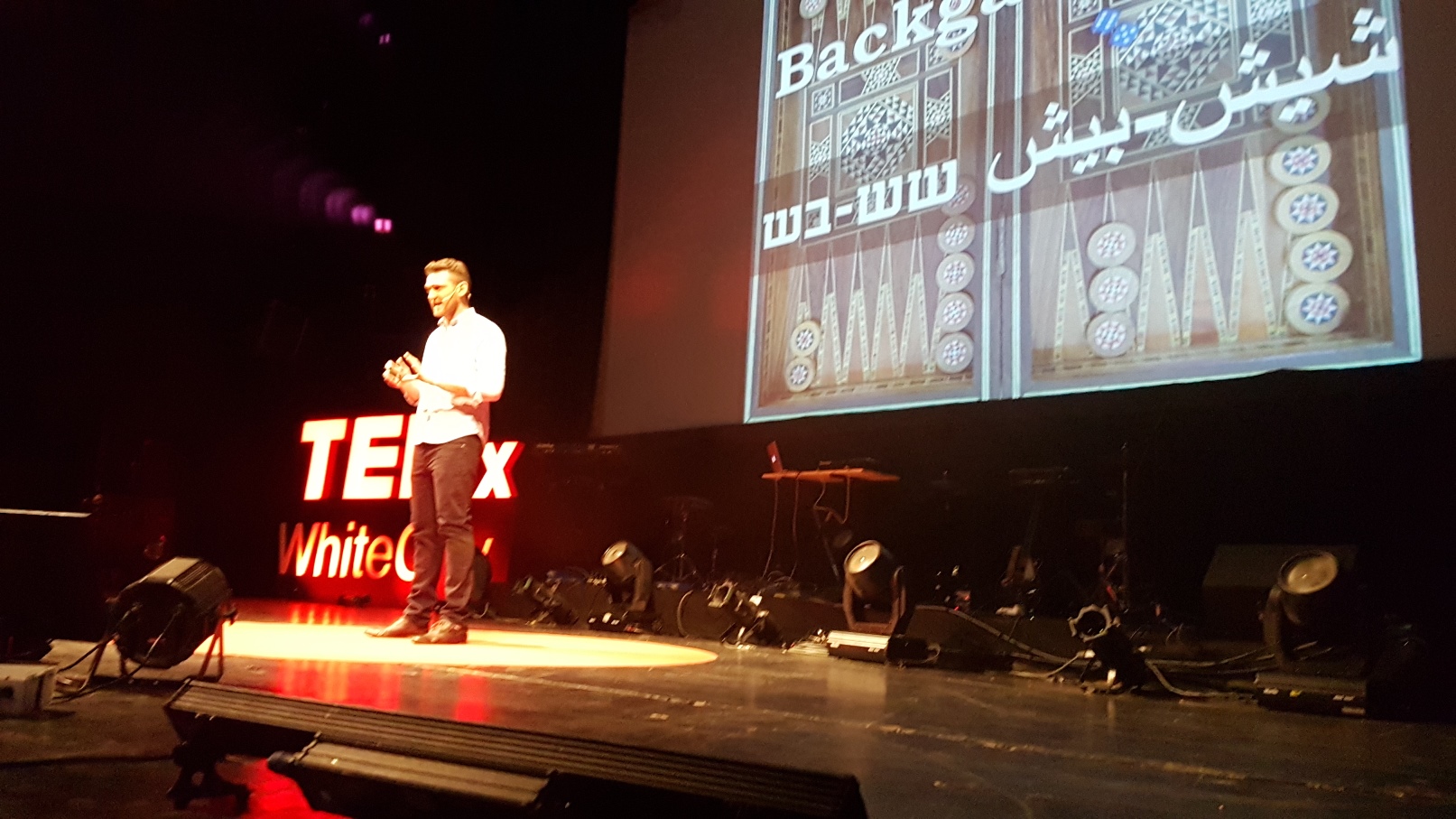
Some 150 people showed up for the first Jerusalem Double tournament in Beit Hanina, a Palestinian neighborhood in East Jerusalem. “A third of them were from West Jerusalem, and it wasn’t easy convincing them to come,” says Djemal.
One of Djemal’s friends, a religious Jew in high-tech, was afraid of coming to Beit Hanina. “He thought it would be dangerous, but we insisted. And he ended up winning the tournament that night. For us the real victory is that he’s attended every one of the events since and that’s in a nutshell what a project like this can accomplish.”
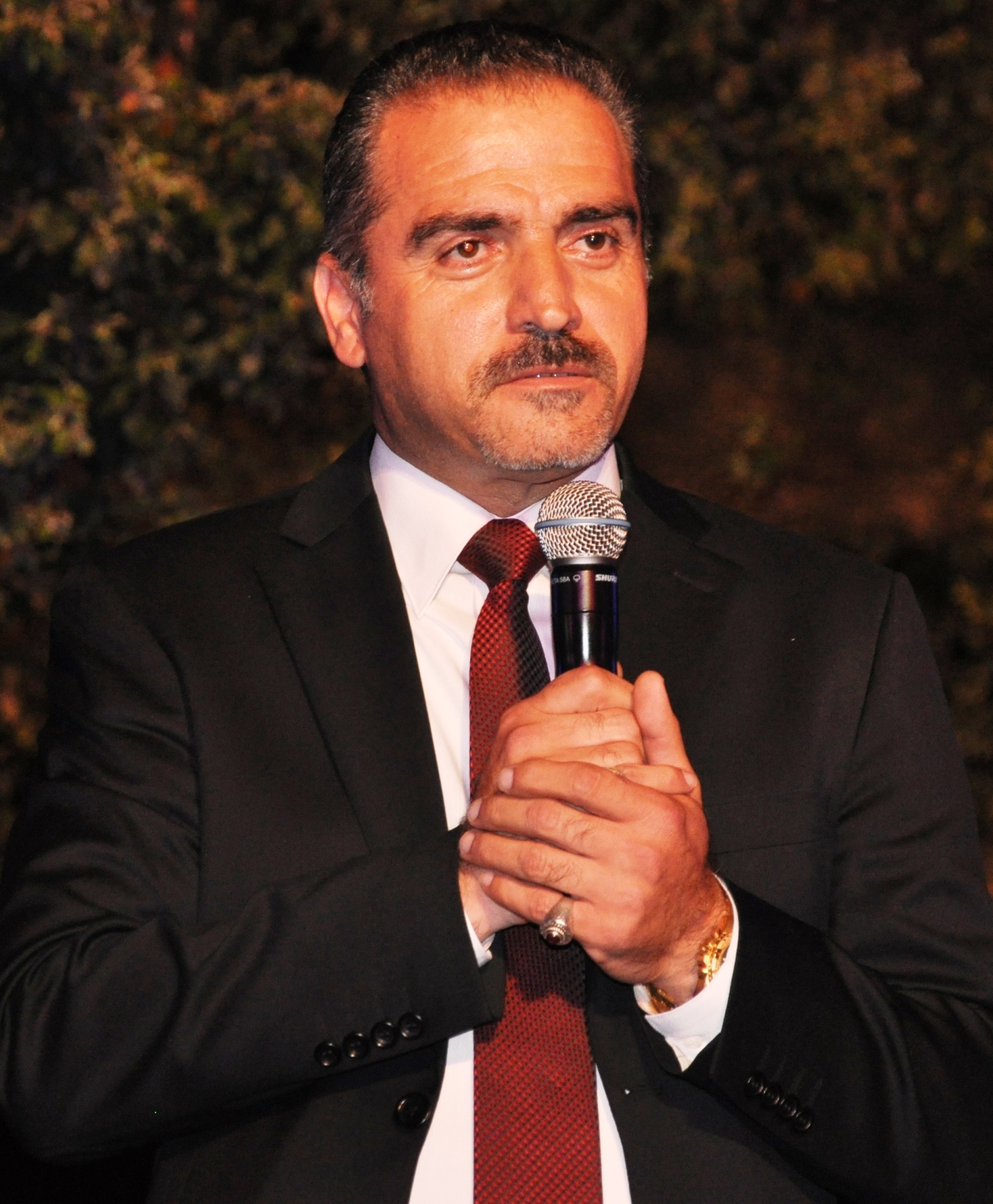
Mahmoud Al-Rifai, 53, was the one who offered to host the event on his home turf. “I didn’t even know how to play shesh-besh but I went along with it because I met these young people who were trying to do something important and looking for a place to make it happen,” he tells ISRAEL21c.
“I like to work with people who do things, not just talk about things. And I knew it would work because I’ve done some joint events in Beit Hanina since 2004. To me, it was an attempt to break the stereotype that it’s dangerous here.”
The stereotype-breaking went both ways. Some local teens known to be wary of Jewish Israelis encountered them in a new light at the Jerusalem Double event.
“They were dancing and hugging Jews, playing shesh-besh with them, exchanging phone numbers,” marvels Al-Rifai, whose nonprofit organization, Jerusalem Consortium for Research and Development, holds interfaith meetings and other mixed events. He also is a Sufi master and runs a computer business and a social jewelry-making business for women in cooperation with the municipality.
“It was beautiful and we can’t just stop here,” says Al-Rifai, a self-described diehard realist. Djemal agrees: “Our plan is to organize an international backgammon championship in Jerusalem with delegations from Turkey, Morocco, Jordan and Egypt all playing backgammon,” he says.
The crowd that came to the fourth Jerusalem Double event, in Talpiot, included Deputy Mayor Ofer Berkovitch and supermarket king-politician-philanthropist Rami Levy.
Djemal reports that 64 people played “and the rest just come for the party. We have a good following and are getting new participants all the time because we’ve created a way for people to interact.”
Jerusalem Double won $35,000 in the Jerusalem Foundation’s 2016 Social Innovation Challenge. The project also is supported by the Pratt Foundation and Jerusalem municipality.
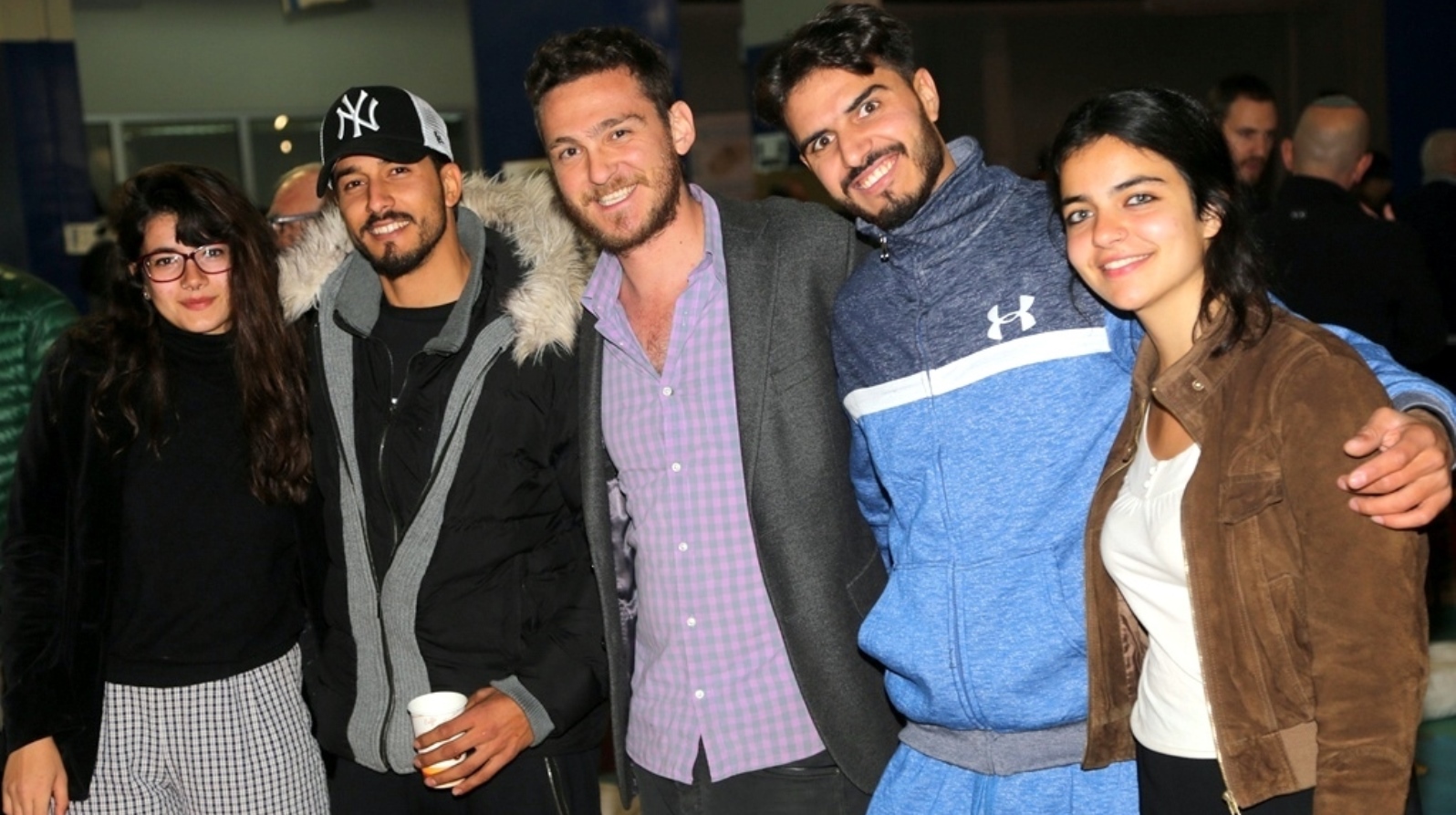
“It’s pretty amazing to see this happening,” says Djemal, whose long résumé includes entrepreneurial ventures, beekeeping, journalism, mentoring, and humanitarian work with Israeli organizations IsraAID and Tevel b’Tzedek.
The Jerusalem Double cofounders previously started Simply Sing, a series of popular public singalongs in Hebrew and Arabic, which they are now reviving.
Djemal says he returned to Jerusalem after five years in the United States because “I thrive on being close to where it’s all happening and being confronted with so many issues that need to be solved. I didn’t want to come back and be complacent. I see a lot of opportunity in the city.”
